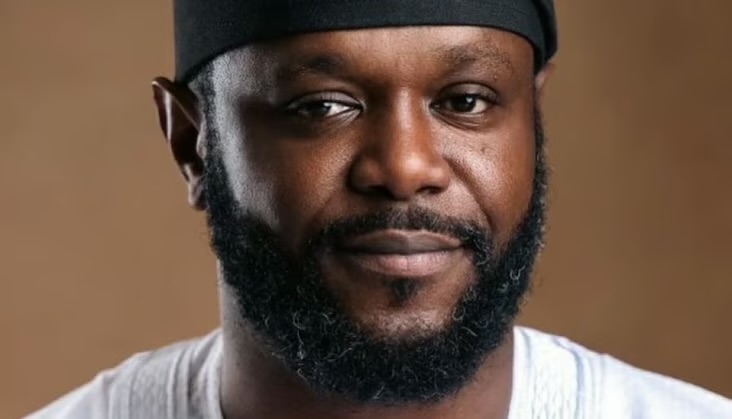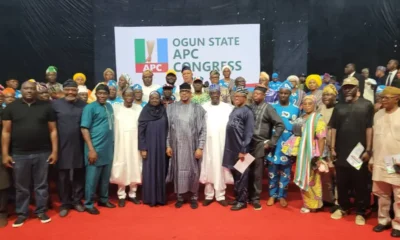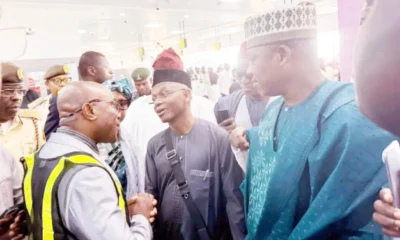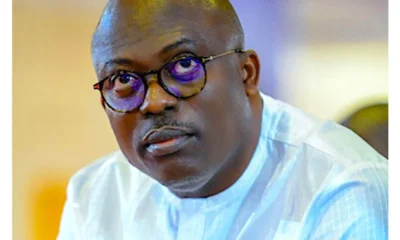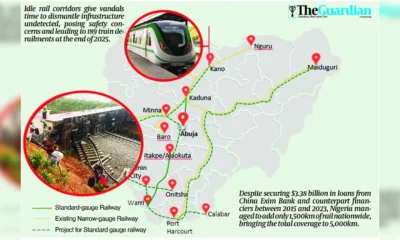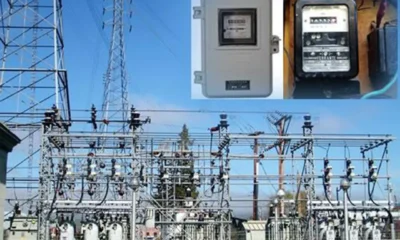Lagos remains the beating heart of Bola Tinubu’s political machine. It’s the financial base and patronage hub that underwrote his rise from governor to national power broker and, eventually, Nigeria’s president. With more than 20 million people, a GDP of roughly $259bn – Africa’s second-largest city economy after Cairo – and an administrative structure that feeds directly into national influence, the governor’s office in Alausa is the most strategically prized subnational seat in Nigeria.
Since 1999, Lagos has been held by one continuous political network, the Tinubu structure, now institutionalised within the All Progressives Congress (APC). Every governor since Tinubu’s own tenure has been a product of his endorsement. In practice, no one becomes governor without his blessing, the reason Tinubu is widely regarded as the ‘father of modern Lagos’.
The field
Three names dominate conversations within the ruling APC over who will succeed Governor Babajide Sanwo-Olu in 2027: Seyi Tinubu, the president’s 40-year-old son; Mudashiru Obasa, the speaker of the Lagos State House of Assembly; and Akinwunmi Ambode, the former governor denied a second term in 2019.
Each figure represents a different pathway for Tinubu’s legacy: dynastic continuity, institutional loyalty or political reconciliation. Their camps are already quietly testing alliances and gauging public sentiment across the party’s local councils.
Outside the ruling structure, Gbadebo Rhodes-Vivour, who ran a surprisingly strong race under the Labour Party (LP) in 2023, has emerged as the face of the opposition, seeking to consolidate Lagos’s young and urban electorate. Others, including Abdul-Azeez Adediran (Jandor), who has since defected back to the APC, have tried and failed to loosen the party’s grip.
Rhodes-Vivour has publicly ruled out any alliance with the Tinubu political machine. “I’d rather focus on my business, work and family. That would be a complete waste of time,” he said recently.
Seyi Tinubu — influence without a declaration

No presidential son in Nigeria has wielded comparable political visibility. Seyi Tinubu played a public role in his father’s campaign and has cultivated youth and student networks, often alongside APC youth leaders. Pro-Seyi groups emerged as early as 2024, pushing him as a 2027 candidate. His 40th birthday in October drew a cascade of tributes from office-holders — and an official message from the presidency.
He has not declared. Insiders insist the optics are fraught. “It wouldn’t be politically sensitive for him to be president while his son governs Lagos,” says one senior aide. “He’s grooming him, yes — but not for 2027.” Much of the birthday fanfare, another says, was “loyalty signalling aimed at pleasing the father”.
Mudashiru Obasa — loyalty tested against competence

Obasa has been in the House of Assembly for 22 years, including a decade as speaker, and is viewed as a core loyalist. Tinubu reportedly intervened to head off an attempt to impeach him after a clash with the governor last year.
On paper, Obasa meets the first requirement party insiders say Tinubu prizes — loyalty — but doubts persist over the other two: competence and broad acceptability. “He ticks the loyalty box, but does he tick the competence box?” says one insider. But others don’t mince words. “He doesn’t,” they say.
Obasa argues that he has every right to aim higher. “Those who came before me are not better than I am,” he says, noting he has now surpassed the tenure of his predecessor as speaker.
Akinwunmi Ambode — can a popular ex-governor return?

Ambode remains popular with many Lagosians for his infrastructure push between 2015 and 2019. He rose on Tinubu’s platform, edging out Babatunde Fashola’s preferred candidate in 2015. But relations with party stakeholders frayed. Tinubu criticised his style in 2018, saying governance was “not only about glamour or bricks and mortar”, and the party blocked his second-term bid, clearing the way for Sanwo-Olu.
After years off the stage, Ambode has re-emerged alongside Sanwo-Olu, Fashola and Obasa to endorse Tinubu for a second presidential term. His supporters have restarted his political machinery. Some argue Tinubu could permit a one-term Ambode return, clearing a path for Seyi in 2031. Party hands dismiss this. “He rejected a senatorial slot in 2019 and has been distant from the structure,” says one source. Another adds: “There’s a trust deficit. Once you sideline the party, they fear you could do it again.”
The opposition’s ceiling
Rhodes-Vivour, 42, carries LP’s hopes after a spirited 2023 run. But Lagos’s opposition has tended to fragment or be absorbed. Adediran’s move back to the APC repeats a familiar pattern. Without defections from within the ruling machine, the path to Government House remains narrow.
Tinubu traditionally consults the powerful Governors’ Advisory Council before settling on a candidate. His final choices have often surprised — a dark horse emerging when it matters. For now, the president is said to be keeping counsel. “It is not clear,” says one insider. “Judging from history, it is unlikely to be any of the names you are hearing.”
Two years out, positioning is under way. As ever in Lagos, the contest will be decided less by who declares first than by who receives a quiet nod from the only voter who counts.
(The Africa Report)


